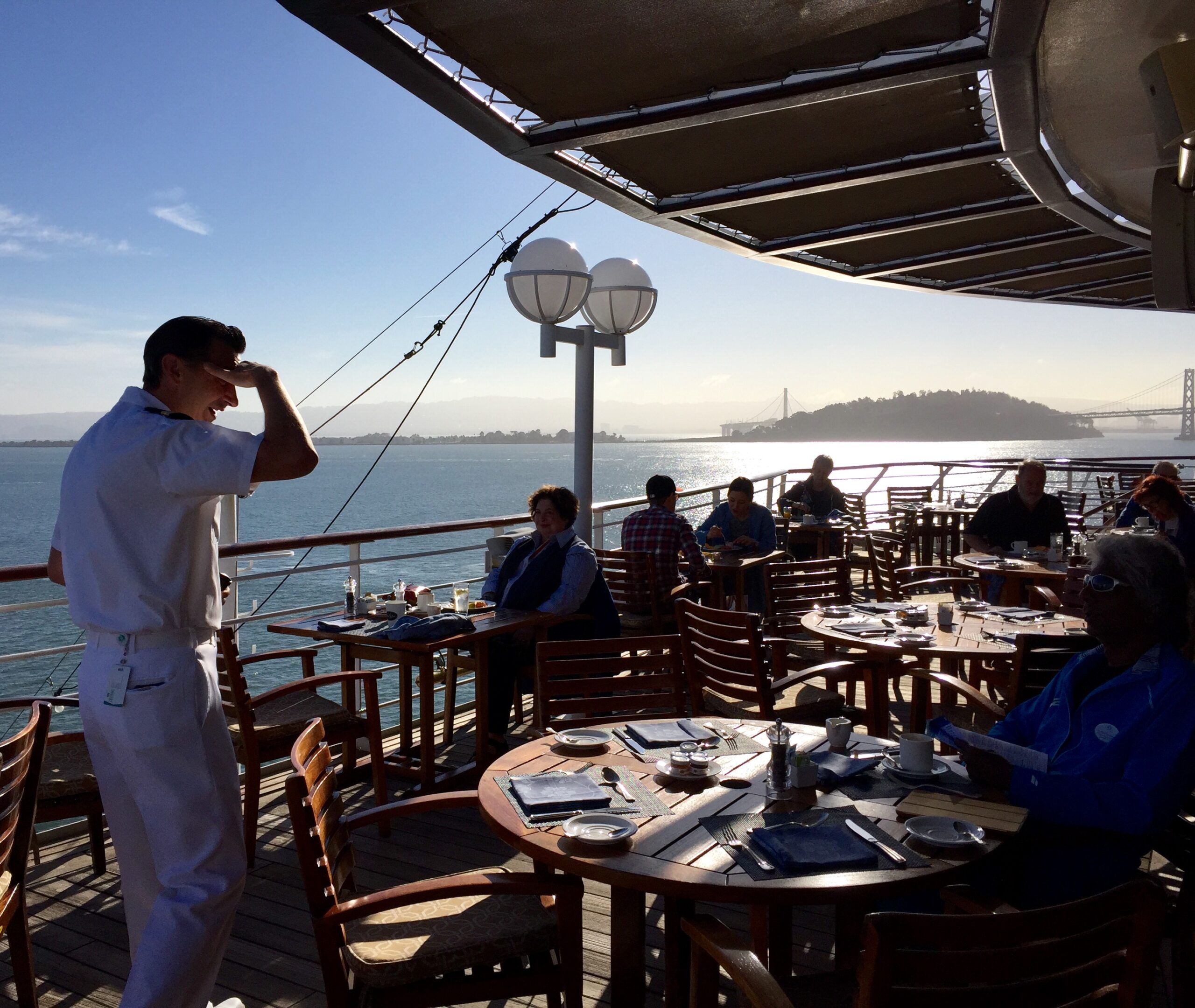American Traveler Sentiment: Why The Revenge Travel Surge Faded

Table of Contents
The Impact of Inflation and Economic Uncertainty on Travel Spending
Rising inflation and lingering economic uncertainty have significantly impacted American traveler sentiment. The increased cost of living has reduced disposable income for many, leaving less money available for discretionary spending, including travel. The Consumer Price Index (CPI) consistently shows elevated inflation rates, impacting various aspects of travel.
- Increased cost of flights, accommodation, and activities: Airfare, hotel rooms, and even everyday tourist activities like meals and entertainment have seen substantial price increases, making travel significantly more expensive.
- Reduced discretionary spending on non-essential travel: With essential expenses like groceries, housing, and utilities consuming a larger portion of household budgets, non-essential travel often gets postponed or canceled altogether.
- Shift in consumer priorities towards essential expenses: Americans are prioritizing essential expenses over luxuries, reflecting a cautious approach to spending in an uncertain economic climate.
Data from the U.S. Travel Association supports this trend, showing a decline in travel spending despite pent-up demand. This illustrates how macroeconomic factors directly influence American traveler sentiment and travel behavior.
The Rise of "Quiet Quitting" and a Shift in Work-Life Balance
The phenomenon of "quiet quitting," where employees prioritize work-life balance over exceeding expectations, has subtly but significantly impacted travel patterns. While not explicitly about travel, it reflects a larger societal shift towards prioritizing well-being. This means:
- Reduced desire for long, exhausting trips: The desire for extended vacations, often associated with revenge travel, is waning. People are opting for shorter breaks to avoid burnout.
- Increased preference for shorter, more relaxed getaways: Shorter trips focused on relaxation and rejuvenation are replacing the ambition of ticking off bucket-list destinations.
- Focus on mental and physical well-being over travel experiences: The emphasis is shifting from accumulating travel experiences to prioritizing mental and physical well-being, even if it means less frequent or shorter trips.
This change in work ethic directly impacts the frequency and type of travel undertaken, altering the overall American traveler sentiment surrounding leisure time.
Airline Ticket Prices and the Disillusionment with Air Travel
Post-pandemic, airfare prices have skyrocketed. Coupled with reports of increased flight delays, cancellations, and baggage issues, many Americans have become disillusioned with air travel. This has resulted in:
- High cost of flights impacting travel affordability: The prohibitive cost of airfare makes travel inaccessible for a large segment of the population.
- Negative travel experiences leading to decreased travel enthusiasm: Frustrating experiences with airlines have dampened the desire to travel by air for some Americans.
- Increased competition among airlines not necessarily benefiting the consumer: While increased competition is generally good for consumers, the current landscape hasn't always resulted in lower airfares or improved service.
This negative sentiment towards air travel, driven by high prices and poor service, significantly influences American traveler sentiment.
The Search for More Affordable Travel Alternatives
In response to higher airfares and economic uncertainties, Americans are actively seeking more affordable travel alternatives. This includes:
- Road trips: Road trips offer a cost-effective way to explore different regions, with control over accommodation and transportation expenses.
- Camping: Camping provides a budget-friendly and nature-immersive travel experience.
- Domestic destinations: Domestic travel is often cheaper than international travel, offering a way to explore local attractions without significant financial strain.
These trends indicate a shift towards more accessible and budget-conscious travel options, further shaping American traveler sentiment.
A Change in American Traveler Priorities: Experiences over Destinations
There's a noticeable shift from simply visiting bucket-list destinations to prioritizing unique and memorable experiences. This includes:
- Focus on local culture and interaction: Travelers are seeking authentic experiences that allow them to connect with local communities and cultures.
- Emphasis on sustainable and responsible tourism: Growing environmental awareness is driving a demand for eco-friendly and sustainable travel options.
- Prioritizing quality over quantity: Rather than visiting many locations superficially, travelers are choosing fewer destinations for deeper, more immersive experiences.
This focus on experiences reflects a change in American traveler sentiment, prioritizing personal growth and meaningful interactions over simply checking off locations on a list.
Conclusion: Understanding the Future of American Traveler Sentiment
The decline of the revenge travel surge is a result of interconnected factors: inflation's impact on disposable income, the rise of "quiet quitting" and a focus on work-life balance, frustrating experiences with air travel, and a shift towards more budget-friendly and experience-driven travel. Understanding these shifts in American traveler sentiment is crucial for businesses in the travel industry. The future of travel likely involves a continued emphasis on affordability, sustainability, and unique experiences.
Share your thoughts on the evolving American traveler sentiment and how it impacts your travel planning in the comments below! Want to learn more about navigating the current travel landscape? Keep reading our blog for more insights into American traveler sentiment and future trends.

Featured Posts
-
 Latest Arsenal Transfer News Striker Update And 58m Tottenham Bid
May 28, 2025
Latest Arsenal Transfer News Striker Update And 58m Tottenham Bid
May 28, 2025 -
 5 Defense Spending Target Natos Progress And Challenges
May 28, 2025
5 Defense Spending Target Natos Progress And Challenges
May 28, 2025 -
 Understanding Fan Reactions Bianca Censoris Recent Public Appearance With Kanye West
May 28, 2025
Understanding Fan Reactions Bianca Censoris Recent Public Appearance With Kanye West
May 28, 2025 -
 Arsenal Linked With Surprise Bid For Luis Diaz
May 28, 2025
Arsenal Linked With Surprise Bid For Luis Diaz
May 28, 2025 -
 2025 American Music Awards A Preview Of The Big Night
May 28, 2025
2025 American Music Awards A Preview Of The Big Night
May 28, 2025
